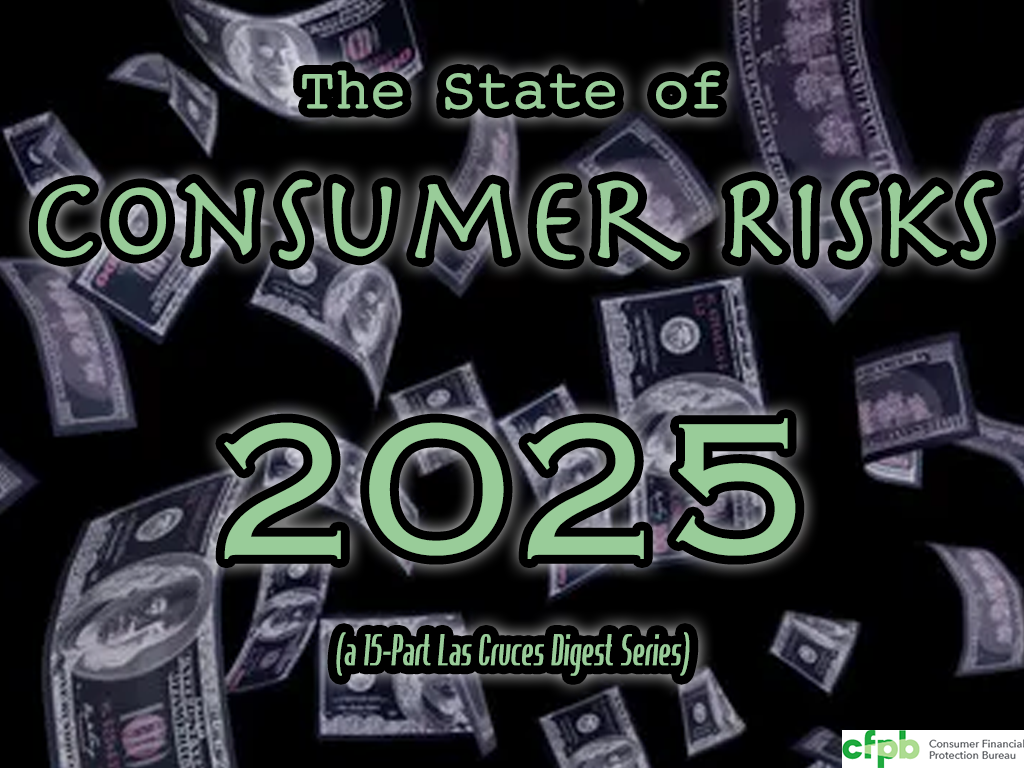The Consumer Financial Protection Bureau (CFPB) released a report on the impact of forced Social Security collections on student loan borrowers. When borrowers default on their federal student loans, the U.S. Department of Education (ED) can collect the debt. It can use forced collections, including tax refund and Social Security benefit offsets, and wage garnishment.

At the start of the COVID-19 pandemic, ED paused collections on defaulted federal student loans. This year, collections will resume. Almost 6 million student loan borrowers with loans in default will again face ED’s forced collection of their tax refunds, wages, and Social Security benefits. An estimated 452,000 borrowers aged 62 and older with defaulted loans who are likely receiving Social Security benefits may face forced collections.
Figure 1: Number of Social Security beneficiaries and total amount collected for student loans (2001-2019)

The report’s findings suggest that ED’s forced collections of Social Security benefits increasingly interfere with Social Security’s longstanding purpose of protecting its beneficiaries from poverty and financial instability.
Figure 2: Selected financial experiences and hardships among subgroups of loan borrowers

Consumers can submit complaints about problems with student loans and debt collection by visiting the CFPB’s website or by calling (855) 411-CFPB (2372).
-and-
If you have questions about this report or its work on behalf of older Americans, please contact us at CFPB_OlderAmericans@cfpb.gov.





